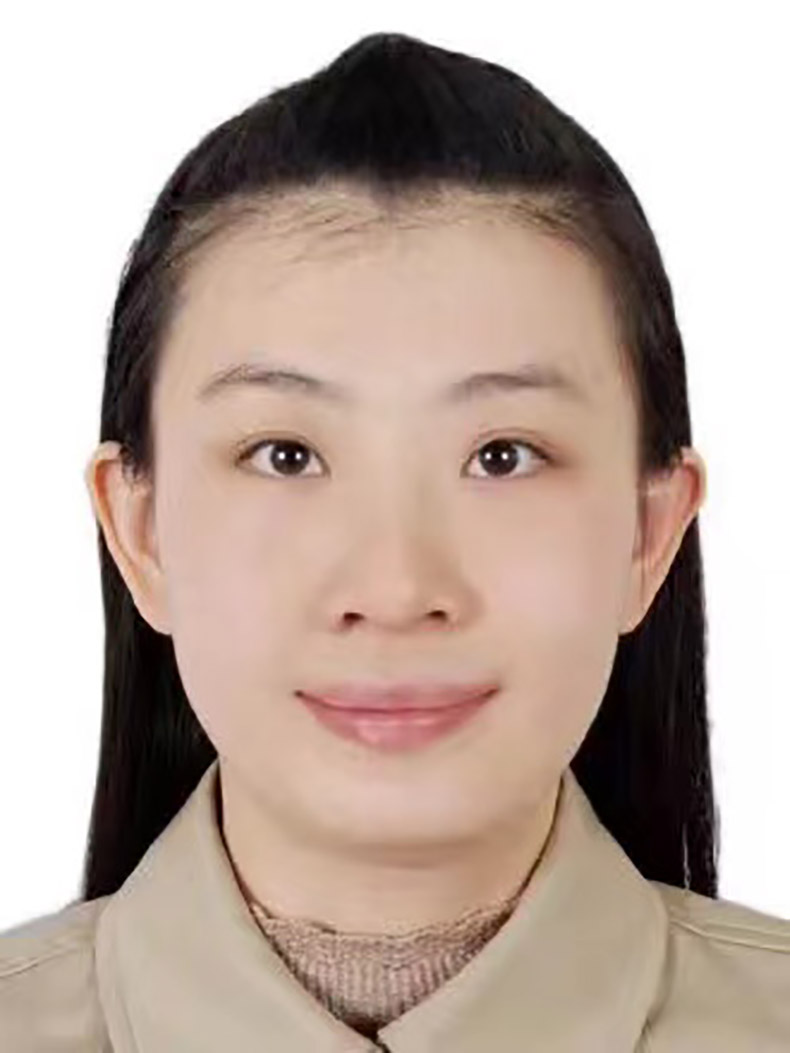
Susan Li
Music
Chinese
Susan is a musician, a violinist, a professional performer, and now a proud teacher at BIS Guangzhou, after she returned from England, where she gained her Master Degrees and subsequently taught violin for years.
Susan graduated from Royal Birmingham Conservatoire and then Guildhall School of Music & Drama with her Master’s Degrees in Pedagogy & Performance Teaching, following her Bachelor’s Degree in Violin Performance gained at Xinghai Conservatory of Music.
Susan had held multiple concerts and also attended music competitions as member of committee/judges. She is passionate in teaching with fruitful experience in helping pupils through their professional path in music, where cultural boundaries had never weakened her ambition in linking communities by sharing music.
Susan is a musician, a violinist, a professional performer, and now a proud teacher at BIS, after she returned from England, where she gained her Master Degrees and subsequently taught violin for years.
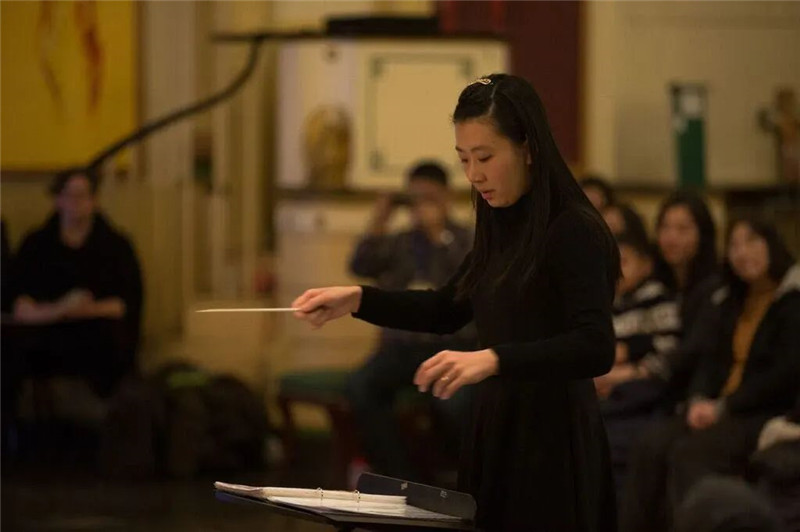
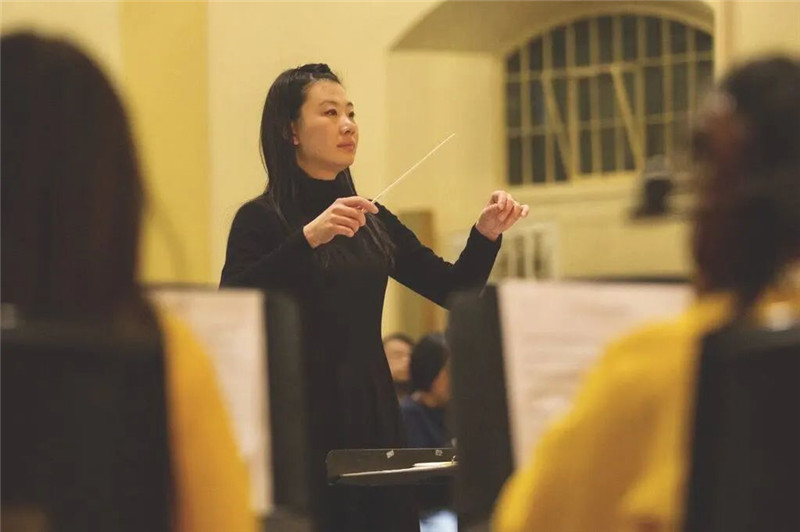
Learning Experience
Top-rated Musical Institutes in China and the UK
Susan graduated from Royal Birmingham Conservatoire and then Guildhall School of Music & Drama with her Master’s Degrees in Pedagogy & Performance Teaching, following her Bachelor’s Degree in Violin Performance gained at Xinghai Conservatory of Music.
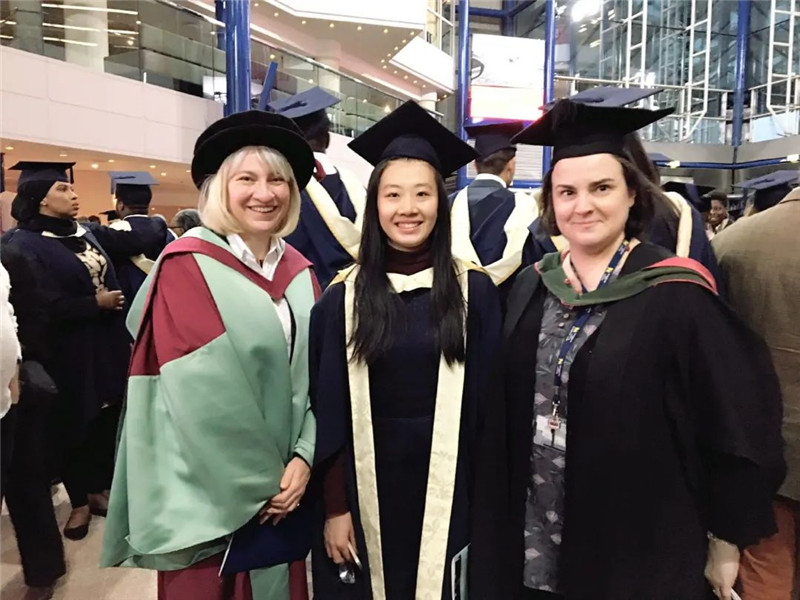
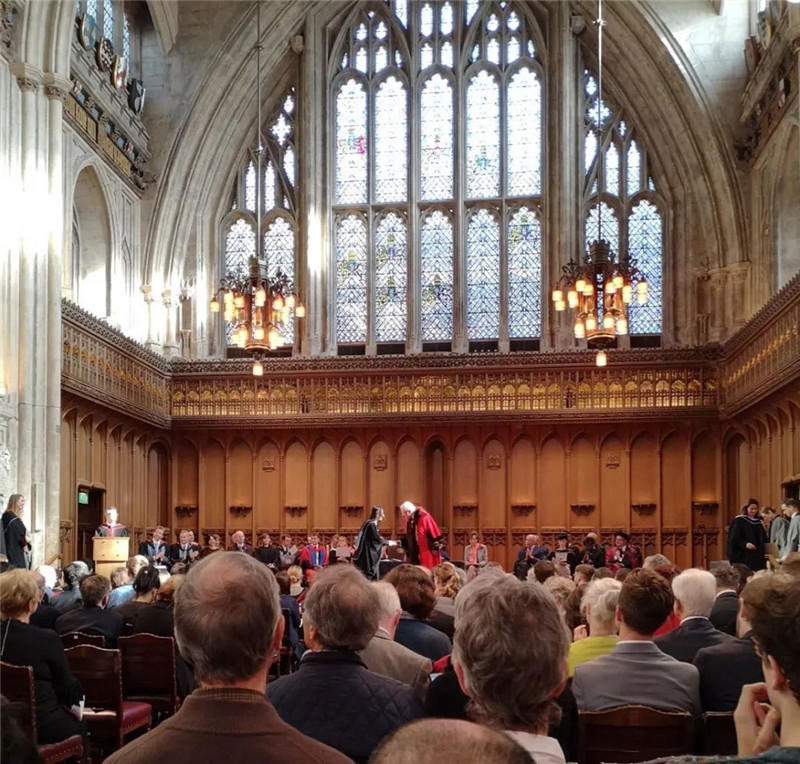
Susan graduated from Royal Birmingham Conservatoire and then Guildhall School of Music & Drama with her Master’s Degrees in Pedagogy & Performance Teaching, following her Bachelor’s Degree in Violin Performance gained at Xinghai Conservatory of Music.
She had won numerous prizes by participating in competitions during breaks of her study in the Europe, including the Solo Prize in Salzburg Music Competition 2017.
Work Experience
Linking Communities by Sharing Music
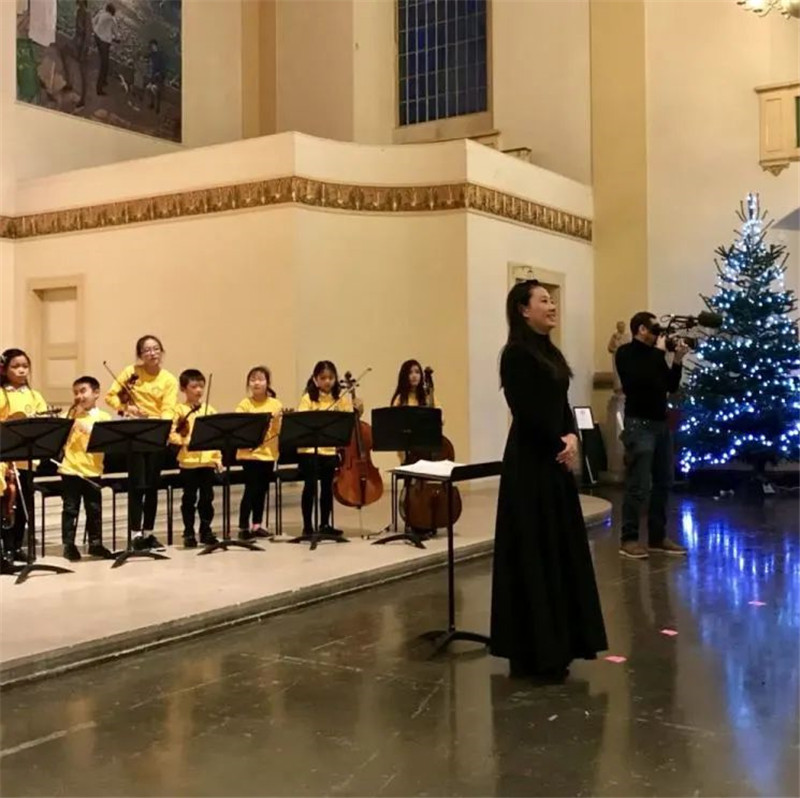
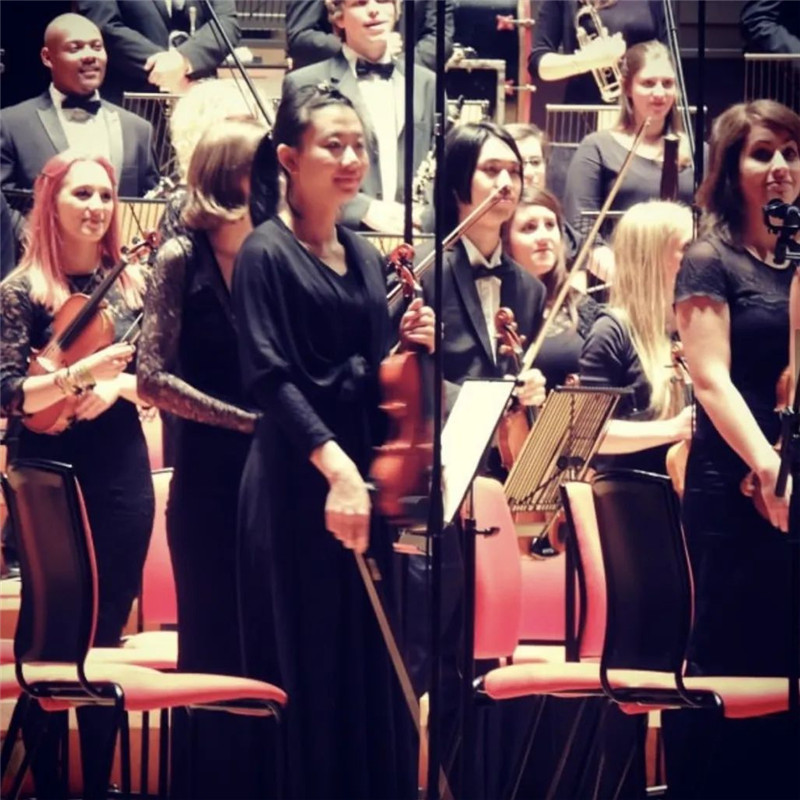
Susan has given recitals in various venues from China to England, Germany, Salzburg and Spain. (Nazioarteko Musikako Ikastaroa; Schlosskirche Mirabell; Birmingham Town Hall; Birmingham symphony and Adrian Boult Hall; Holy Trinity Church, St John’s waterloo; Pimlico Academy and so forth.) She is dedicated to the insightful, sensitive and enthusiastic performance of both solo and chamber music.
Aside of stage performances, Susan has extensive experience in teaching, especially via her innovative method of“Bilingual violin learning adventure” which had gained substantial achievement over the years - many of her students from state schools in London had attained satisfactory exam scores and/or music awards/scholarships as they moved forward in their studies.
Susan was also appointed as a music director & first conductor in London Chinese Children’s Ensemble (LCCE) and dedicated in promoting ensemble playing among children across various ethnic communities, to celebrate the distinctive yet connective music cultures from all over the world.
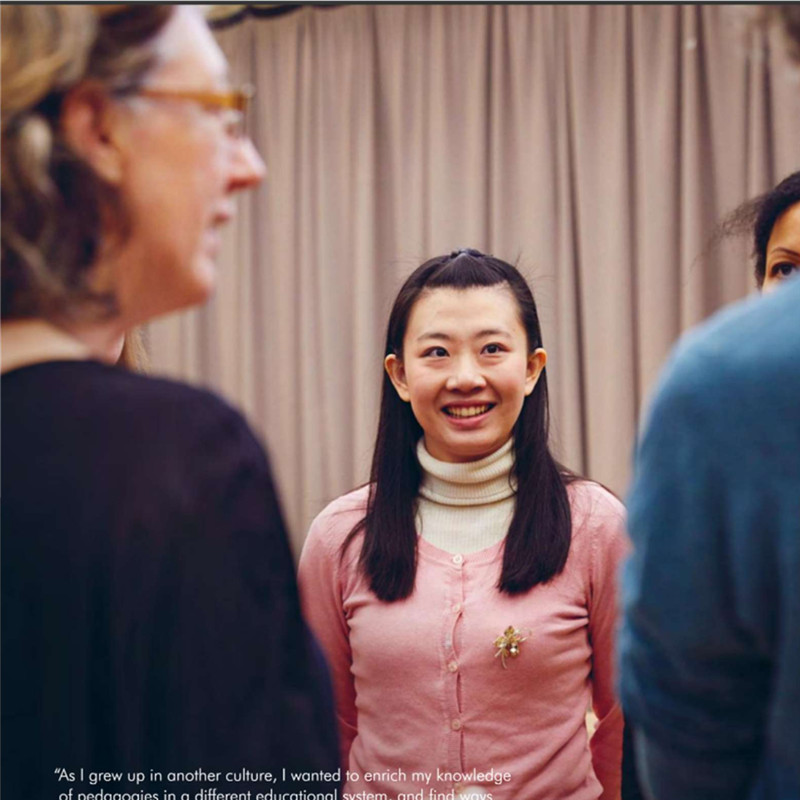
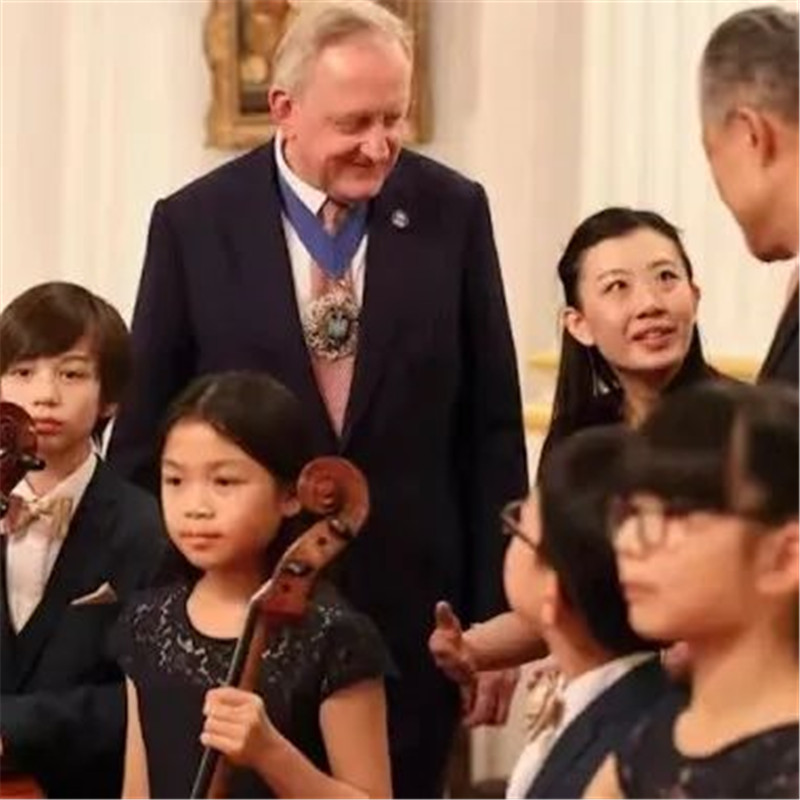
Music Teaching
Build the Pathway to the IGCSE
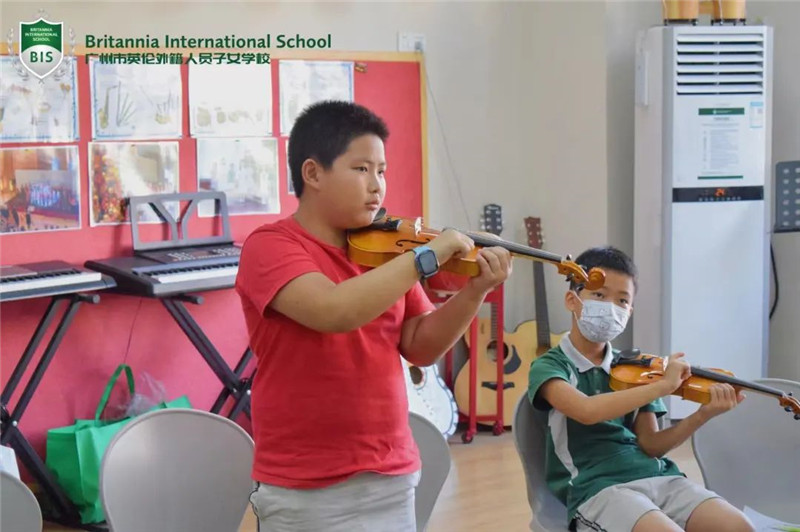
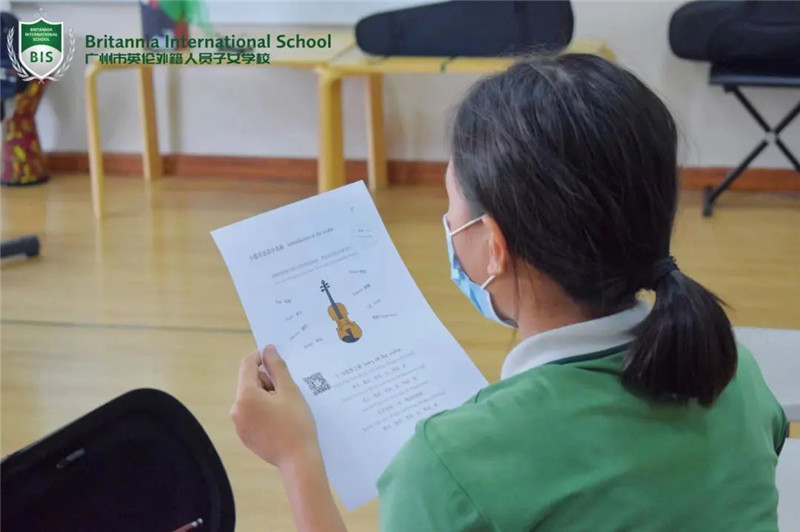
There will be three main parts in each music lesson. We will have the listening part, the learning part and the instrument-to-play part. In the listening part, students will listen to different styles of music, western music and some classical music. In the learning part, we will follow the British curriculum, learn stage by stage from the very basic theory and hopefully to build their knowledge. So eventually they can build the pathway to the IGCSE. And for the instrument-to-play part, each year, they will learn at least one instrument. They will learn the basic technique how to play the instruments and also relate to the knowledge definitely they learn in the learning time. My job is helping you to be the password from the very early stage step by step. So in the future, you can find out that you have the strong knowledge background to to do the IGCSE.
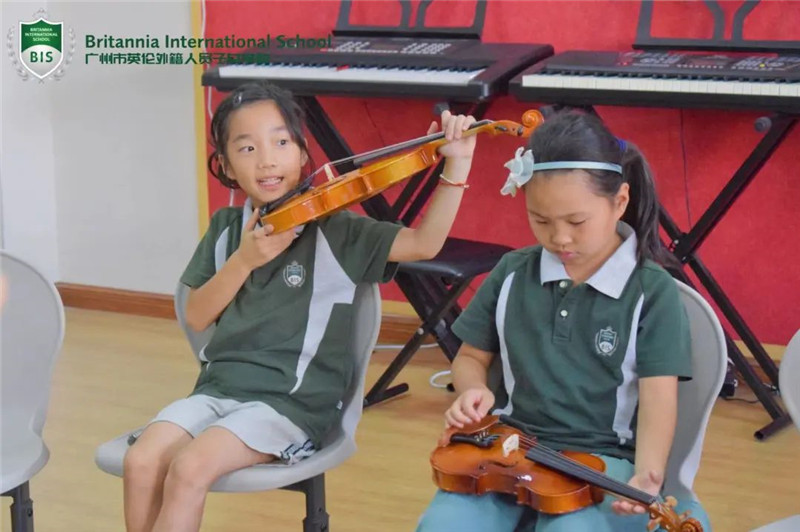
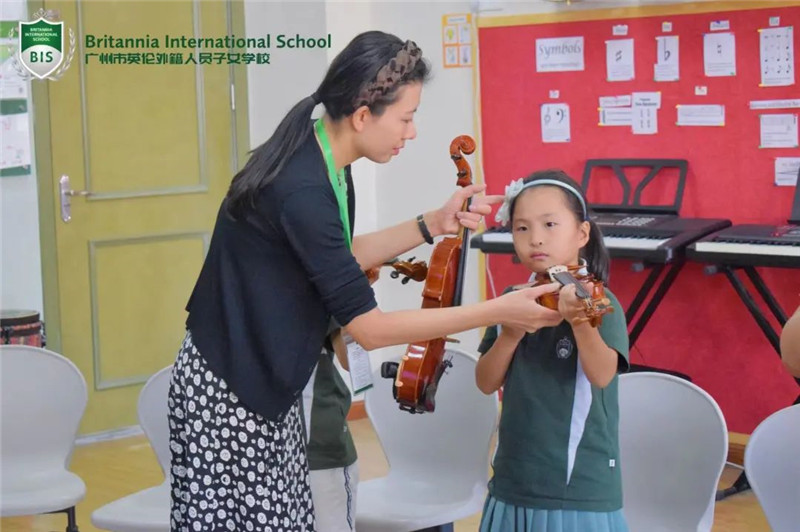
Susan
I always felt lucky as I learnt and am working on something I love, music. I walked a long way to be able to deeply admire the might and beauty of classic music, and I am always more than happy to share that with my pupils and others around me. Classic music is very often wordless, and thus purer and deeply touching, and as I always believe, emotion forms important part in youth development regardless of race and nationality. So I like to make the type of music that’s commonly shareable and can break through fences between hearts.

● Learn the violin and bow and the holding postures.
● Learn the violin playing posture and essential vocal knowledge, understand each string, and start string practice.
● Learn more about violin protection and maintenance, the structure and materials of each part and the principle of sound generation.
● Learn the basic playing skills and correct fingering and hand shapes.
● Read the staff, know the rhythm, beat and key, and have a preliminary knowledge of music.
● Cultivate the ability of simple notation, pitch recognition and playing, and further learn the history of music.
Post time: Dec-16-2022







